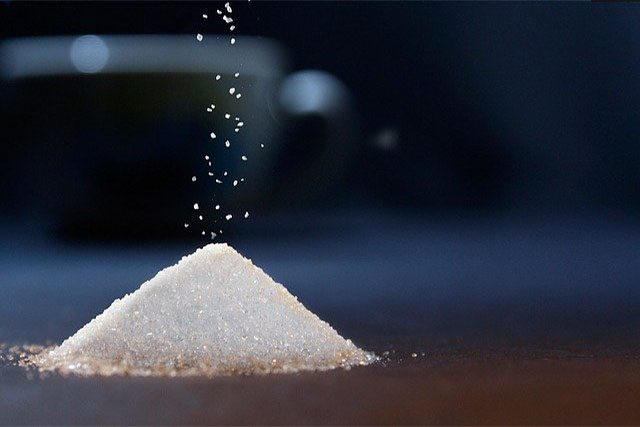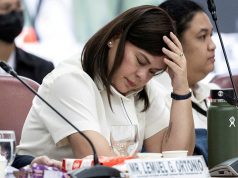- As agriculture minister, Marcos chairs sugar regulator
- Press secretary says Marcos has not authorized plan
- Domestic sugar output in 2021/22 down 16% y/y
MANILA (Updated 2 9:11 p.m.)— President Ferdinand Marcos Jr has rejected a proposal to import up to 300,000 tonnes of sugar and denies authorizing it, his press secretary said on Wednesday, despite an earlier announcement of approval by the industry regulator.
“He (Marcos) is the chairman of the Sugar Regulatory Board and denied this in no uncertain terms,” Trixie Cruz-Angeles said in a statement, after the regulator issued a notice of approval of the purchase plan.
The notice was posted on the Sugar Regulatory Administration’s (SRA) website on Wednesday afternoon but was later taken down.
It was signed by members of agency’s board and included a signature in blue ink above the president’s name, which Cruz-Angeles said was not that of Marcos.
The agency’s administrator Hermenegildo Serafica could not immediately be reached for comment. Serafica’s aide said she was awaiting instructions from her boss.
The plan that was initially announced was to purchase both raw and refined sugar, with the SRA notice saying cargoes must arrive no later than Nov. 30.
Raw sugar output in the crop year ending Aug. 31 is expected at 1.8 million tonnes, 16% lower than the production from the previous season, resulting in a substantial inventory decline, the SRA said.
Retail sugar prices have climbed due to limited local supply, adding pressure on inflation that soared to a near four-year high in July, dampening consumer spending in the second quarter.
In June the SRA said the supply situation had worsened, citing crop damage from a typhoon back in December, unfavorable weather and legal issues that had hampered previously-approved sugar importation.
The Philippines is not a regular sugar importer, but when necessary it usually buys from Thailand, the world’s second-largest exporter after Brazil.
Marcos, who has appointed himself agriculture minister, has vowed to turn the long-neglected agriculture sector into a growth engine.
But he faces enormous challenges such as declining local productivity and rising costs of farm inputs, including fertiliser, supplies of which have been disrupted by the Russia-Ukraine war.
—Reporting by Enrico Dela Cruz; Editing by Martin Petty










